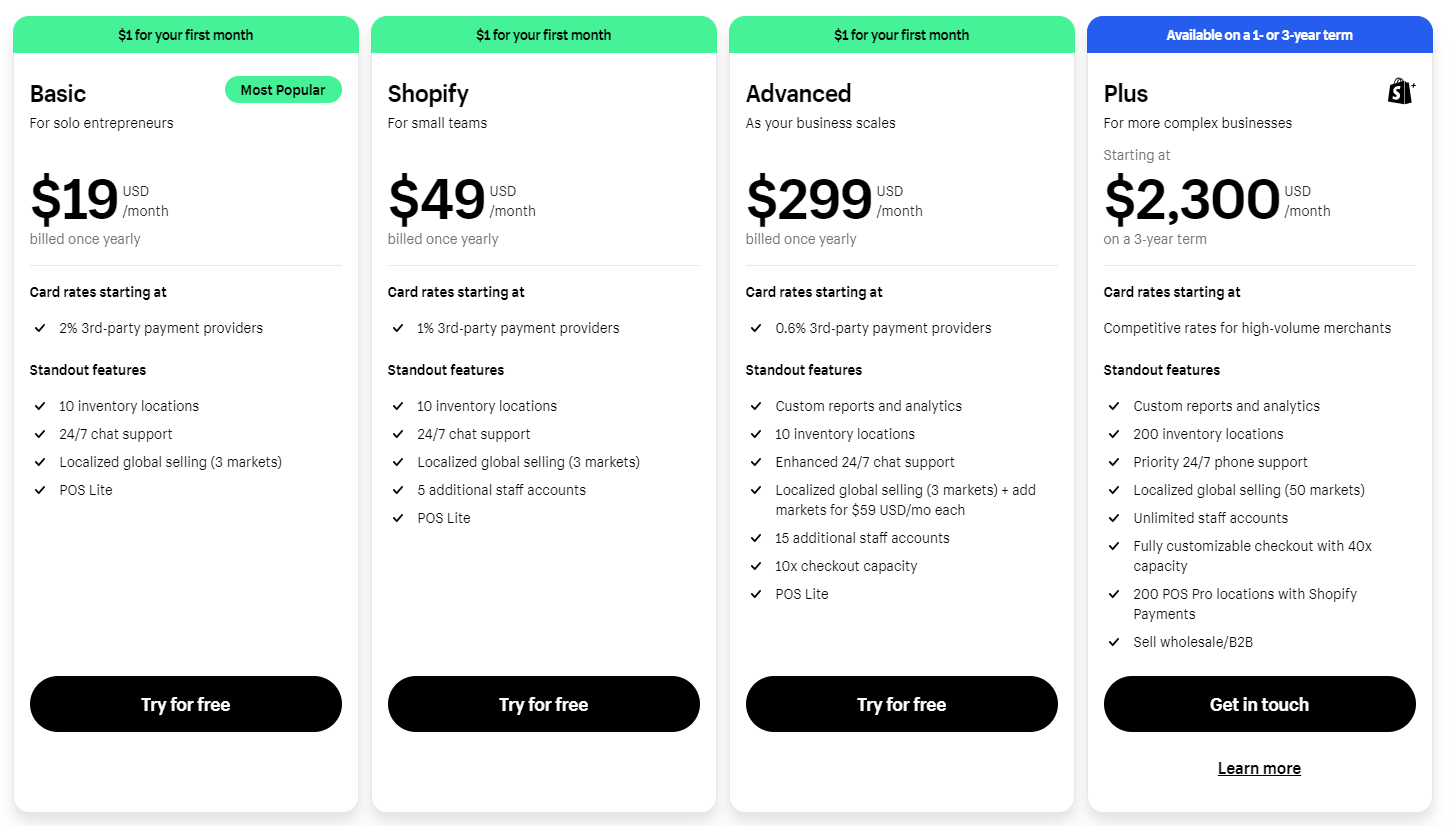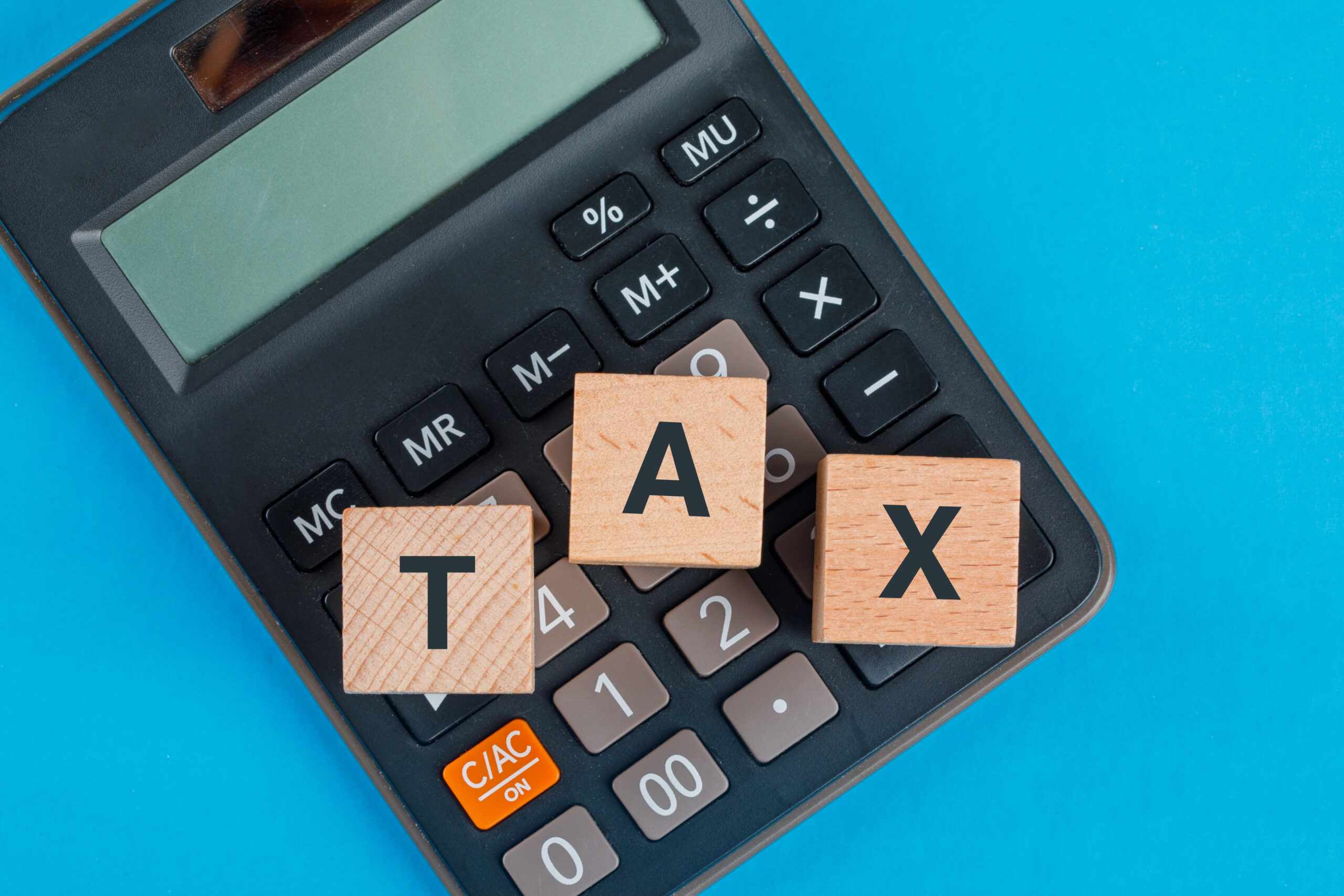
I recently needed to level up in the area of bookkeeper skills for my business. I haven’t engaged a bookkeeper in a while, so I was unsure of how to begin. I started by asking myself some questions. One of them in particular really sparked my interest:
“What are the top 3-5 skills that make for a great bookkeeper?”
I got so excited that I thought a list of valuable bookkeeper skills might interest you all, too! So, I put together this post to talk about the different tasks that your accountant doesn’t need to do, and the bookkeeper skills to look for when hiring.
What is Bookkeeping?
The term bookkeeping comes from “keeping the books.” That refers to the record books that contain each financial transaction a business makes. (These days, though, most businesses have moved over to using electronic tools. Some people use simple spreadsheet apps and others use specialized software designed for bookkeeping.)
So, bookkeeping means doing tasks like classifying, recording, organizing, maintaining, and preserving financial records. Bookkeepers are in charge of documenting each financial transaction from payments to expenses. They often need to be diligent in tracking down these transactions. They also need to have a keen eye to spot anything that might be missing.
Bookkeepers are also in charge of recording all debits and credits in the proper way, according to accounting standards. This means being responsible for keeping a general ledger, which is often called “balancing the books”. They will often be tasked with sending invoices to clients and customers, and even processing the payments that come in. Usually, they will prepare the business’s financial statements for an accountant to review. These include the balance sheet, income statement, and cash flow statement. Some bookkeepers are also assigned payroll duties from checking worker time logs and benefits to cutting cheques and making bank deposits. They may also then be assigned other banking activities.
Bookkeeping is Important!

Bookkeeping is actually highly underrated! As you can see from the above, it plays a very important role in managing the overall financial health of your organization.
A bookkeeper needs to plan well to make sure that they update all the records in a timely fashion. Otherwise, you, as the business owner, won’t be able to get an accurate picture of your business’s financial health. Without bookkeeping, you would not have the records that you need to understand your business finances. This can lead to missing vital issues that can cause trouble if you don’t deal with them. This can also lead to poor decision-making because you don’t have the right information.
Effective bookkeeping is an essential system for any business. Then, you can plan your business budget, prepare for your next fiscal year, and be ready for tax season without worry or hassles.
Bookkeeping vs. Accounting
Bookkeeping and accounting can seem indistinguishable – it’s all about numbers, right? Yes, but these two functions are actually quite different.
Bookkeeping focuses more on accurate record-keeping and the organization of a business’s financial information. Accounting, on the other hand, interprets the information that a bookkeeper prepares to generate analyses. This is the useful form of the data that business owners can draw on to make the right decisions moving forward. Accountants are also responsible for creating the official quarterly reports and yearly statements for the business, as well as all the documentation needed for tax filing.
You do not need to have any special degree or incense to become a bookkeeper, but you do need to be certified to be an accountant.
11 Most Important Bookkeeper Skills to Look For
So, with all that being said, we need to know the most important basic bookkeeping skills. These are the specific attributes that we want to find in a candidate before we consider hiring them. I listed 11 of them here, in no particular order. This is also not an exhaustive list, so please do more research if you want to dig deeper!

1. Data Entry Accuracy
Accuracy is the backbone of any good assistant, in my opinion. When it comes to finances, though, you really need accuracy to be top priority. You will never do well with a bookkeeper who can’t keep the books balanced. That’s their main job, and it literally means total accuracy.
2. Knowledge of Accounting Principles
Yes, I said bookkeepers don’t really need any special education or certification. That’s true; they just need basic bookkeeping skills. However, the best ones will know at least the basic accounting principles, too. This is because they prepare data for accountants to analyze. If they don’t know the set guidelines and rules, they can’t prepare the information properly.
Accounting standards like GAAP and IFRS dictate and regulate the formatting of financial information. This is not just random rules for companies to follow. It helps everyone be better able to understand and process the information because the books of accounts are done the same way. It also helps companies maintain truth and fairness in presenting their records.
3. Attention to Detail
More than being accurate, bookkeepers need to pay great attention to detail. It’s one thing to record things perfectly. It’s a completely different thing to take a wider view and notice details. For example, an accurate bookkeeper will record things and not miss one cent. A detail-oriented bookkeeper will see what records are missing or might be missing.
4. Organizational Skills
This is one of the bookkeeper resume skills I love to see. Now, you do need to be very careful to qualify this and confirm it during the interview. A lot of people put down organization as a skill on their resumes but aren’t actually organized per se.
Organizational skills are identifiable, like effective time management and the ability to properly prioritize tasks. The most highly organized people will even know how to create and develop systems to meet their goals. The power combination is when they also have the discipline to follow through. Organized bookkeepers can efficiently manage a variety of duties responsibly, even on more complex projects. They can perform multiple tasks while remaining focused on the core aspects of the job to meet deadlines.
5. Mathematical Proficiency
You may think this one goes without saying, but you’d be surprised! Some candidates will try to get away with just average math skills. Little do they know, even if you use sophisticated software, mathematical prowess is required. You can’t just trust a tool to do everything, so my ideal bookkeeper would be able to double-check. Most importantly, because of their proficiency, they would notice if something looks off in the computations. These are high-level bookkeeping skills.

6. Software Proficiency
Not only can bookkeeping itself get complicated, but the software can also be challenging to use. When I look for a bookkeeper, I want to make sure that I already know what software I want to use. Then I have that right on the job description, and make sure I check each candidate’s experience using it. The more proficient, the better. This saves a lot of time and prevents most errors. At the end of the day, even if I pay a slightly higher rate, I get a better deal.
7. Problem-Solving
This is another of my favorite bookkeeper resume skills. I love talking about practical yet creative ways a candidate has worked through past problems. I am a problem-solver myself, so I like to work with people who won’t just come to me with all their problems. I want to see that they thought the issue through and can present a few good solutions for me to consider.
8. Time Management
Like accuracy, time management is good for any hire to have. If I’m paying a lower rate but the bookkeeper I hired is really slow, I’ll end up spending a lot for a little work. Poor time management also leads to missed deadlines and sloppy work because it’s always crunch time. Time management is difficult to prove on paper, so any bookkeeper I hire will need to show their ability to schedule and prioritize during the first couple of weeks on the job.
9. Critical Thinking
We talked about accuracy and attention to detail. This is the final point in that line of thinking that’s really the icing on the cake. A bookkeeper who records numbers perfectly and looks to make sure the data is complete is already great. But a bookkeeper who goes the extra mile to look for ways to improve is a gem. This kind of pro-active discipline in creating and applying solutions is precious.
The ability to analyze and synthesize information is not common. Most bookkeepers will just want to keep their heads buried in the books. A critical thinker is someone you will want to scoop up quickly, nurture, and not let go of easily.
10. Ethical Conduct
This is another skill that is rare. True virtue is priceless. Personally, I would rather hire someone ethical with few skills and little experience than someone highly qualified who doesn’t care about doing the right thing. Integrity is the most valuable attribute in any candidate because you can trust them to be honest, fair, responsible, and all that other good stuff.
11. Adaptability
Generally speaking, people who are good with numbers and record-keeping can be a bit inflexible. It’s just the nature of the work. To be fair, this is a trait you can find in most people who just like to get into a groove because this is how they stay focused. It’s how they get things done. If you can find someone who is more adaptable, though, it makes things a lot easier on you and everyone else on the team.
What Is EcomBalance?

EcomBalance is a monthly bookkeeping service specialized for eCommerce companies selling on Amazon, Shopify, Ebay, Etsy, WooCommerce, & other eCommerce channels.
We take monthly bookkeeping off your plate and deliver you your financial statements by the 15th or 20th of each month.
You’ll have your Profit and Loss Statement, Balance Sheet, and Cash Flow Statement ready for analysis each month so you and your business partners can make better business decisions.
Interested in learning more? Schedule a call with our CEO, Nathan Hirsch.
And here’s some free resources:
- Monthly Finance Meeting Agenda
- 9 Steps to Master Your Ecommerce Bookkeeping Checklist
- The Ultimate Guide on Finding an Ecommerce Virtual Bookkeeping Service
- What Is a Profit and Loss Statement?
- How to Read & Interpret a Cash Flow Statement
- How to Read a Balance Sheet & Truly Understand It
Conclusion
Finding someone with the right bookkeeper skills to help you out is crucial to the success of your business. Bookkeepers handle the most important data points in your business. When properly handled, this leads to you getting your hands on the right analysis to make the right moves that will propel your business forward.








